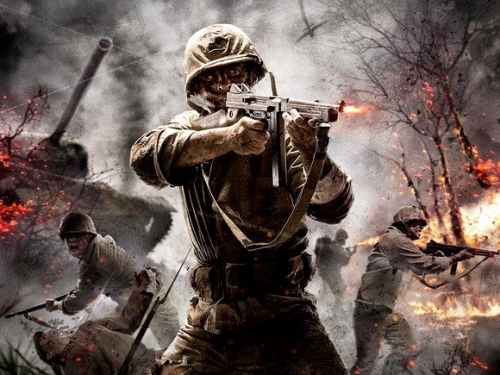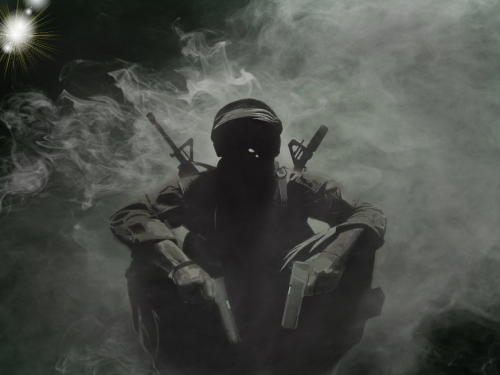
This article was originally published by E-International Relations on 9 October, 2014.
Game theorist McKenzie Wark has provocatively suggested that the four freedoms for which the US fought during WW2 – freedom of speech, freedom of worship, freedom from want, freedom from fear – have now been replaced by a new set in the wake of the invasions of Afghanistan and Iraq. These are “Freedom from religion, Freedom from speeches, Freedom to desire” and “Freedom from security”.[1]His Orwellian observation is that ”What secures the state is the production of insecurity”. In other words, the existence of a perpetual conflict, or the narrative of a perpetual conflict to be precise, creates a permanent sense of insecurity that legitimates any action taken by the security state, including the dismantling of civil rights or the pre-emptive invasion of other states.[2]

